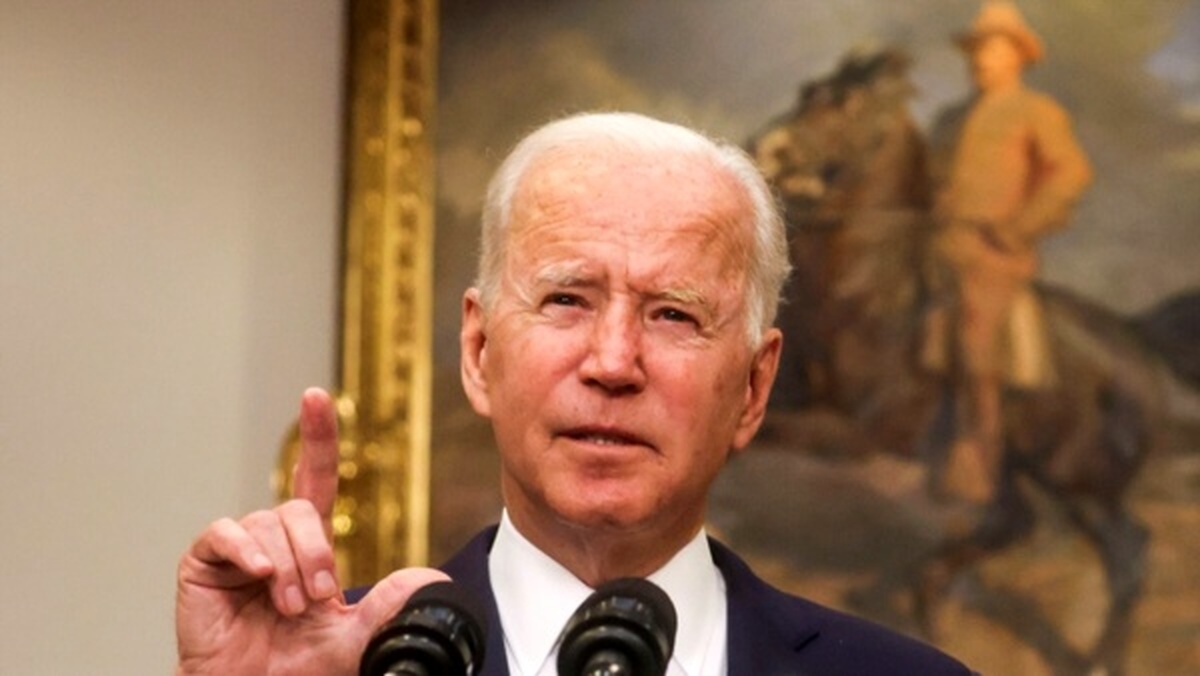Speaking in an interview with the website of the Strategic Council on Foreign Relations, Afifeh Abedi said that the soft war of the West against Russia had started before the Ukraine war, adding: Simultaneously with the deployment of Russian forces in eastern Ukraine and joint borders with Belarus, extensive and complex information about Russia’s objectives was published by the Western media and institutions. Although the Russians rejected those issues, the developments later followed the same scenarios as those presented by the Western media.
Saying that the US soft war is being pursued in the dimensions of cyber warfare, intelligence and media more seriously, she added: In the intelligence dimension, we are witnessing war advice to Ukraine that has both overt and covert dimensions, as recently some information were released indicating that Ukraine has been able to target Russian officers with the US intelligence advice and assistance. The West has also waged a massive war against Russia in the media dimension, seeking to directly influence Russian decision-makers.
The expert on Russia affairs referred to the passive and reactionary position of Russia, postponing or changing plans on the battlefield and pressuring Russian decision-makers in the public opinion and withdrawing the demands at the negotiating table, as well as presenting an immoral and defeated image of Russian decision-makers as being among the objectives of the US soft war against Russia, adding: The United States, by using the media war, is seeking to reduce the support of the Russian people for the government, weaken their morale and deepen despair and hopelessness and reduce the power of the Russian government for using manpower on the battlefield.
Abedi, saying that the West has long-term and medium-term objectives with a soft war against Russia to intensify the political and social gap in the country, added: Although public opinion in Russia has no direct impact on Russia’s foreign policy, its impact in the long run cannot be ignored. At the same time, other countries are being pressured not to support Russia due to public pressure. Tarnishing Russia’s global image in the world public opinion is even affecting the expansion of economic sanctions against the country and increases the alignment, as part of the currency and trade exchanges take place at lower social levels which, by Russia’s image being hated in the world public opinion, this dimension is also added to the sanctions.
She cited assassination of character, making catastrophic and exaggerated predictions, giving orientation to news, creating intimidation and psychological activities against Russia as other areas that the West has put on the agenda against that country, and said: Given the dominance of the West over media and the scope of Western media and the role of social networks, and at the same time learning English, the consequences of such policies will become wider, and the West has been able to achieve its objectives in a soft war and in creating a psychological atmosphere against Russia and cover the gap due to the lack of a direct military presence in the war.
US attempts to accelerate brain drain from Russia
Referring to the US decision to issue US visas for Russian scientists and elites with an aim of accelerating brain drain and depriving Russia of its top talents, the researcher of the Expediency Council Research Institute continued: One of the long-term strategies of the United States, in terms of target countries, especially in the case of Iran, China and Russia, has been complex investments to attract and employ the elites in those countries and exploit their talents and weaken the elite sector of those countries. This is one of the dimensions of the US soft war, which is pursued in the form of weakening the forces and human resources of the Russian society.
Saying that the United States has always had a written plan in this regard and now, by announcing Biden’s decision to provide visas and some facilities, has intensified it against Russia, Abedi added: The United States is pursuing this policy while one of its parallel tactics has been to create fear, despair and hopelessness in the public opinion of the Russian people as well as its elites, simultaneously with the imposition of economic sanctions. Certainly, creating such conditions will increase the motivation and desire of the elites to immigrate to Western societies, especially the United States.
Influencing Russian military power
As for the US objective by focusing on attracting educated people in the fields of artificial intelligence, nuclear engineering and quantum physics as well as attempts to reduce Russia’s nuclear and military superiority, she said: Such programs usually have long-term objectives and prospects, and certainly in the long run will weaken Russia’s technical and scientific capabilities, and will affect advancement of development programs in different aspects and military and aerospace issues, which is considered as one of the important dimensions of Russia’s competition with the West.
Meanwhile, the expert on Russia affairs, recalling that the important indicator of Russia’s power is military power and progress in the field of aerospace, stressed: The United States is trying to weaken Russia’s human and technical power, but it will also have reciprocal plans to counter those Western objectives. However, given the current state of war, the provision of more opportunities and facilities by the United States creates more attractions for the Russian elite. In the long run, given the changing indicators of power in the new atmosphere of the international system, such developments will certainly affect Russia’s power in various fields and reduce its competitiveness.










0 Comments